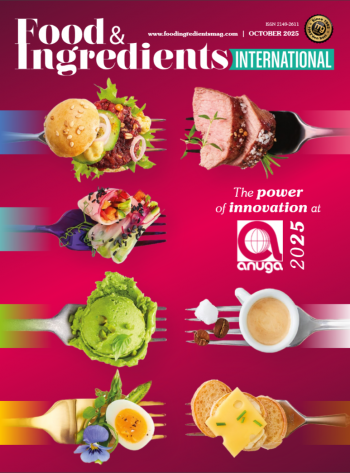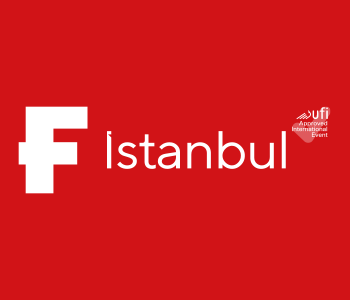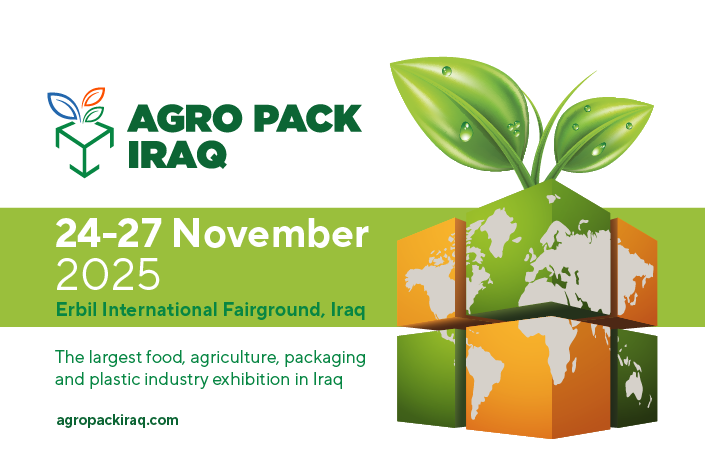Experts from the areas of tourism, culture and gastronomy meeting in Baku pinpointed food as an essential part of the tourism experience and an increasingy important percentage of over all tourist expenditure.
The importance of food tourism was further confirmed by the UNWTO Gobal Report on Food Tourism, launched during the Conference.
Rifai, met the President of the Republic of Azerbaijan Mr, İham Allyev who emphasized the importance of tourism in today’s world and the signifıcance of its contribution to Azerbaijan’s economy.
Opening the Conference, Mr. Rifai pointed to growing demand for ‘experience-based’ tourism over recent years, adding that in today’s globaized world, consumers are increasingly seeking authentic experiences such as loca culinary traditions.
“Food tourism is also an important vehicle for development, with locally sourced produced ensuring tourist dollars are invested back into the community, alowing other businesses to thrive,” he said. The Silk Road, an ancient traveling and trading route which played a major role in the evolution of international cuisine, was the focus of the Conference which was also opened by the Minister of Culture and Tourism of the Repubic of Azerbaijan, said Mr. Abufas Garayev.
“We are especially proud to hold this conference because in Azerbaijan we care greatly for the traditions of our rich gastronomy stretching back to ancient times,” said Mr. Garayev. “Tourism is a key sector for linking the countries along the Sik Road and we are pleased to support through this conference the World Forum on Intercultural Dialogue,” to be held in Baku in May, 2013. Speaking at the conference, the Vice President of the Islamic Repubic of Iran, one of the countries of the Silk Road, Mr.
Mr. Mousavi offered four key recommendations for fostering sustainable tourism development along the Silk Road, including the introduction of a Sik Road visa, modeled on the Schengen example, which would alow citizens of the Sik Road to cross borders more freely. The Vice President stated his commitment to hosting an international Silk Road conference in Iran, recommended the creation of a Silk Road Day, and proposed the development of a comprehensive Silk Road Atlas. Further recommendations at the Conference, including from the Food and Agriculture Organization (FAO) and the United Nations Educational, Scientifıc Cultural Organization (UNESCO), incuded the need for Ministries of Tourism and Agriculture to work together to foster agro-tourism projects; the importance of safe guarding culinary heritage; and the need for more microfınancing for small and medium sized enterprises involved in rural food production and development.















